Clinical research: Health records reveal autism risk factors
Two new studies use medical records from countries with nationalized health care to link autoimmune disease and obesity in parents to the likelihood of having a child with autism.
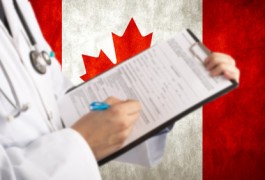
Two new studies use medical records from countries with nationalized health care to link autoimmune disease and obesity in parents to the likelihood of having a child with autism.
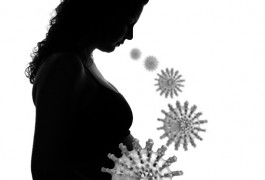
Chemicals produced by their mother’s immune system in utero alter the size of several key brain regions in people with schizophrenia, enlarging chambers that store cerebrospinal fluids, and shrinking parts of the cortex involved in processing emotion and memory.
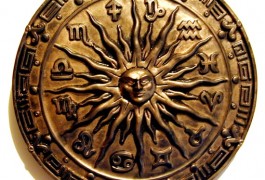
Research has hinted that the season of a child’s birth may play some role in his or her risk of developing various neuropsychiatric disorders. But it’s the season of conception that really matters, a new study suggests.
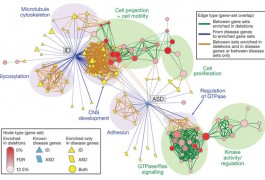
In order to understand the interaction between genes and environment in autism, researchers in different disciplines will have to move back and forth between those two realms, stretching out of their intellectual comfort zones. But if the mood at an interdisciplinary workshop two weeks ago is any indication, that challenge is also a source of excitement.
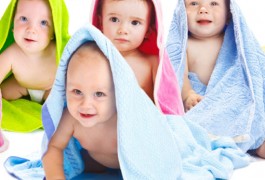
The Autism Birth Cohort, based on data from 100,000 Norwegian children and their families, aims to uncover genetic and environmental factors contributing to the disorder.
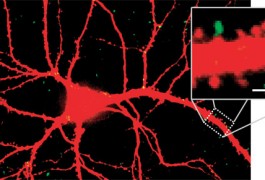
Researchers have uncovered an important molecular piece of a learning mechanism that occurs at the junction between neurons. The findings, which may help understand how the brain is disrupted in disorders such as autism, appear in the 24 June issue of Neuron.
The mouse brain has more than 1,300 regions for which the copy from one parent is expressed more often than the one from the other parent, according to two studies published today in Science. These so-called imprinted genes have been proposed to cause some cases of autism, but the researchers say their findings do not support that theory.
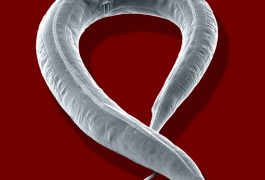
Worms, despite their crude nervous system, can be useful models of the genetic underpinnings of autism, according to unpublished work presented today at a meeting of the Genetics Society of America in Boston.
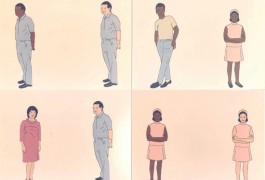
Children with Williams syndrome — a rare genetic disorder that leads to mental retardation and overt friendliness — hold stereotypes based on gender, but not race, according to a report published in Current Biology. Because those with Williams syndrome don’t have social fear, the study suggests racial stereotypes are based partly on fear.
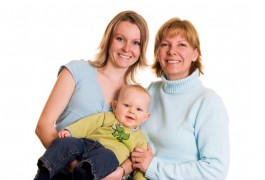
The older a grandmother was when she bore her grandchild’s mother, the greater the child’s risk of autism, according to a study published last month in PLoS One.